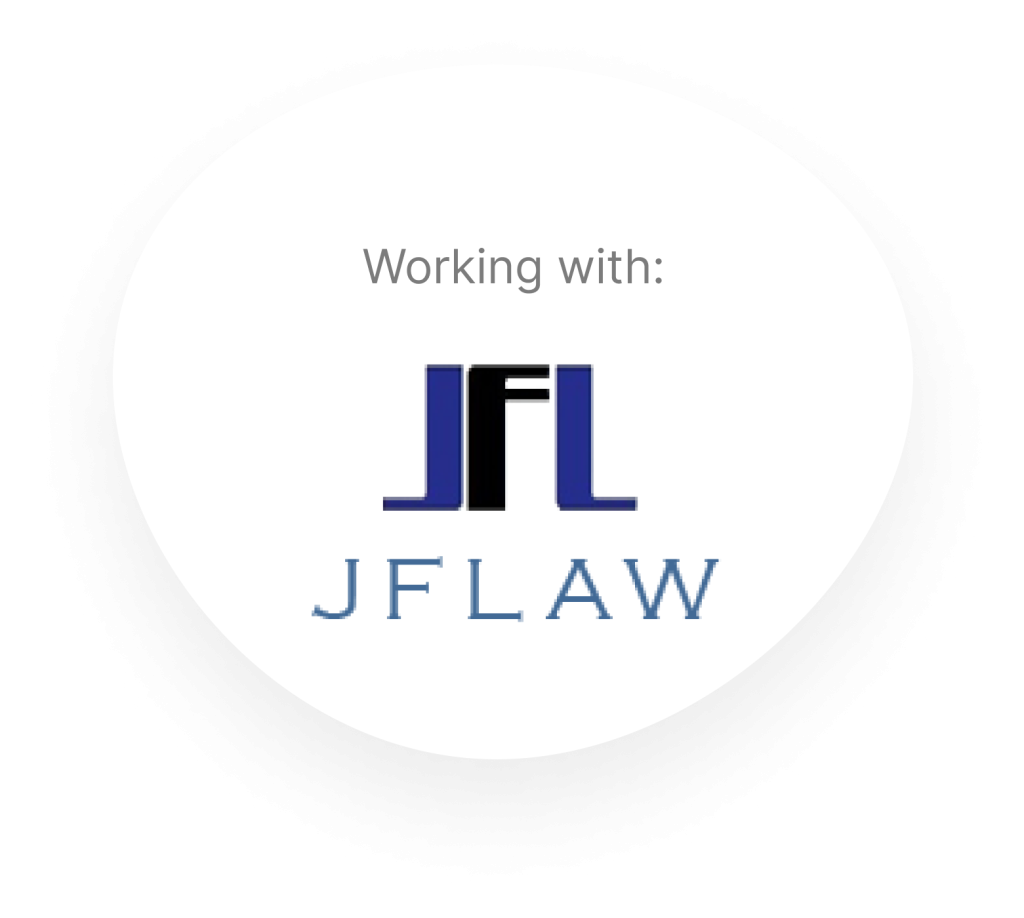Accident At Work Self-Employed
100% No Win No Fee
We review when you could claim compensation after an accident at work while self-employed.
Excellent Reviews On

Accident At Work Self-Employed
100% No Win No Fee
We review when you could claim compensation after an accident at work while self-employed.
Excellent Reviews On
As featured in:




If you’re self-employed and have suffered an accident at work, you might feel powerless or unsure about your right to compensation. Therefore, this article sets out the grounds on when you could claim for an accident at work while self-employed. It also outlines the legal process, and explains how professional support can help. We’ll cover your legal rights, common claim scenarios, and the advantages of seeking guidance from experienced solicitors who understand the challenges faced by the self-employed.
At No Win No Fee Solicitors Co., we regularly represent self-employed clients who feel overlooked by traditional routes. Our seasoned team knows how daunting it can be to pursue compensation when you manage your own business, but we’re ready to handle the legal complexities for you.
Read on to find out whether you could make a claim, see how the process works, and learn why specialist legal support really matters. If you’d prefer to speak directly to our team, you can contact us online or call 0333 091 8598 for a free, no-obligation chat about your situation.

Are Self-Employed Workers Owed A Duty Of Care?
It’s a common misconception that self-employed workers have fewer rights to workplace safety than employees. In truth, all people on a UK worksite, including self-employed contractors, freelancers, and subcontractors, are protected by health and safety legislation.
Employers (including those who engage self-employed staff) have a legal duty of care to take reasonable measures to protect everyone on the premises. This duty extends to providing a safe workplace, suitable equipment, and adequate training, regardless of employment status.
For example, if you’re brought in as a self-employed electrician on a building site, the main contractor must ensure your work environment is safe. They should also try to ensure that hazards are minimised, just as they must for salaried staff.
As such, if another person’s negligence, be it the main contractor, a site manager, or even another worker, leads to your injury, you may be entitled to claim. The key is whether someone owed you a duty of care and failed in that responsibility, not the precise label on your tax return.
To find out if we can help you claim for an accident at work while self-employed, please call today. We’ll assess your case for free and explain your options in plain English.
Why use us?
Free Consultation
We offer a free consultation to anyone looking to make a claim
No win, no fee
Claim experts
We use solicitors who have handled thousands of claims
What Are The Eligibility Criteria For Self-Employed Accident At Work Claims?
You may have grounds to make an accident at work claim as a self-employed person if:
Another individual or business owed you a duty of care
That duty of care was breached (by inadequate safety procedures, faulty equipment, lack of training, etc.)
You suffered injury, illness, or loss as a direct result of that breach
Claiming can be daunting, especially if you fear losing future work. But, the law is clear: if someone else’s actions put you at risk, compensation should not depend on your business structure. Therefore, please get in touch if you believe you’ve suffered as a result of somebody else’s negligence.
Scenarios That Self-Employed Workers Could Claim For
Every self-employed career path brings unique risks. Yet, many accident at work claims from self-employed people involve similar circumstances:
Faulty equipment supplied by a contractor or site owner (e.g., power tools, scaffolding).
Trips, slips or falls on business premises due to uneven floors, poor lighting, or spillages.
Exposure to hazardous substances with inadequate protection or poor ventilation.
Injuries caused by another worker’s negligence (such as a forklift collision on a shared site).
Lack of safety training or briefings on new or shared premises.
If you’re self-employed and your accident was caused by things outside your control (and could reasonably have been avoided by a third party), you may be able to claim compensation. For detailed steps on what to do after an accident, visit our accident at work claim page.
How Solicitors Can Help
A specialist solicitor can make a world of difference, especially for self-employed people navigating accident at work claims. Not only do they ensure your claim is correctly prepared, but they also shield you from stressful negotiations with insurers or your employer.
Here are just a few of the ways our help:
Investigating your claim and gathering critical evidence
Accurately assessing your losses, including long-term impacts like missed contract work
Handling all paperwork and negotiations on your behalf
Protecting your income and reputation throughout the process
Advising you honestly about the prospects and value of your claim
And crucially, because your business depends on your ability to work, we pursue every possible avenue to recover your financial losses, not just compensation for pain and suffering.
What Time Limits Apply
It’s important to act soon after an accident. In the UK, you generally have three years from the date of your accident (or date you learned of your injury) to start a claim.
If you’d like to check how much time you have remaining before claiming, please call today.
What Compensation Can A Self-Employed Worker Claim After An Accident At Work?
Compensation is assessed based on both your pain and suffering and the real-world impact on your livelihood. For self-employed workers, this typically involves two key elements:
General damages: These compensate you for non-monetary losses, such as pain, suffering, emotional distress, and loss of enjoyment of life (loss of amenity) resulting from the injury. The amount awarded typically reflects the physical and psychological impact the injury has had on your daily living and personal well-being.
Special damages: These cover your direct and quantifiable financial losses caused by the injury. This includes not only lost earnings or business income, but also out-of-pocket expenses like medical bills, costs for ongoing treatment or rehabilitation. Additional, special damages could cover repair or replacement of damaged equipment, travel expenses for medical appointments, and any other expenses that would not have occurred but for the injury.
It’s critical your solicitor understands the self-employed context, otherwise, vital business losses might be overlooked.
Try Our Compensation Calculator
Take a look at our compensation calculator to get a broad idea of what an accident at work payout could look like. The figures used in this calculator are taken from the Judicial College Guidelines (JCG), which is a document that provides guideline compensation brackets for different injuries and illnesses.
Compensation Bracket: 0.00
Please note that these are not guaranteed amounts, and that this calculator doesn’t take special damages into account. Contact our team today to learn more about compensation in manual handling injury claims.
Had An Accident At Work? Self-Employed? Contact Us Today
Our no-obligation consultation is free, confidential, and tailored to your unique situation. Whether you have evidence ready or you’re just unsure if you have a case, our team will give honest, practical guidance.
Get in touch today: either contact us online or call 0333 091 8598 to speak to a specialist about your next steps.
If you’ve been injured in an accident at work while self-employed, we’re here to help.
FAQS on Accident At Work Claims For The Self-Employed
Can I make a claim if I was working as a subcontractor rather than a direct contractor?
Yes, subcontractors are also covered by health and safety regulations. If the main contractor or site manager failed in their duty of care and this led to your injury, you may still have grounds to claim.
Will making a claim affect my ability to work with other companies in the future?
Making a claim should not impact your future employment opportunities. Your legal right to compensation does not affect your professional reputation, and claims are handled confidentially.
What types of evidence are helpful for my claim?
Photographs of the accident scene, witness statements, medical reports, and records of lost earnings are all useful. Try to collect as much documentation as possible soon after the incident.
Can I claim for psychological injuries, such as anxiety or stress, after a work accident?
Yes, compensation can cover psychological as well as physical injuries. If you have suffered mental health issues as a result of your accident, these can be included in your claim.
If I’m not registered as a sole trader or limited company, can I still claim?
You do not need to have a specific legal business structure to make a claim. If you were working for yourself in any capacity and another party was negligent, you may be eligible to claim compensation.


